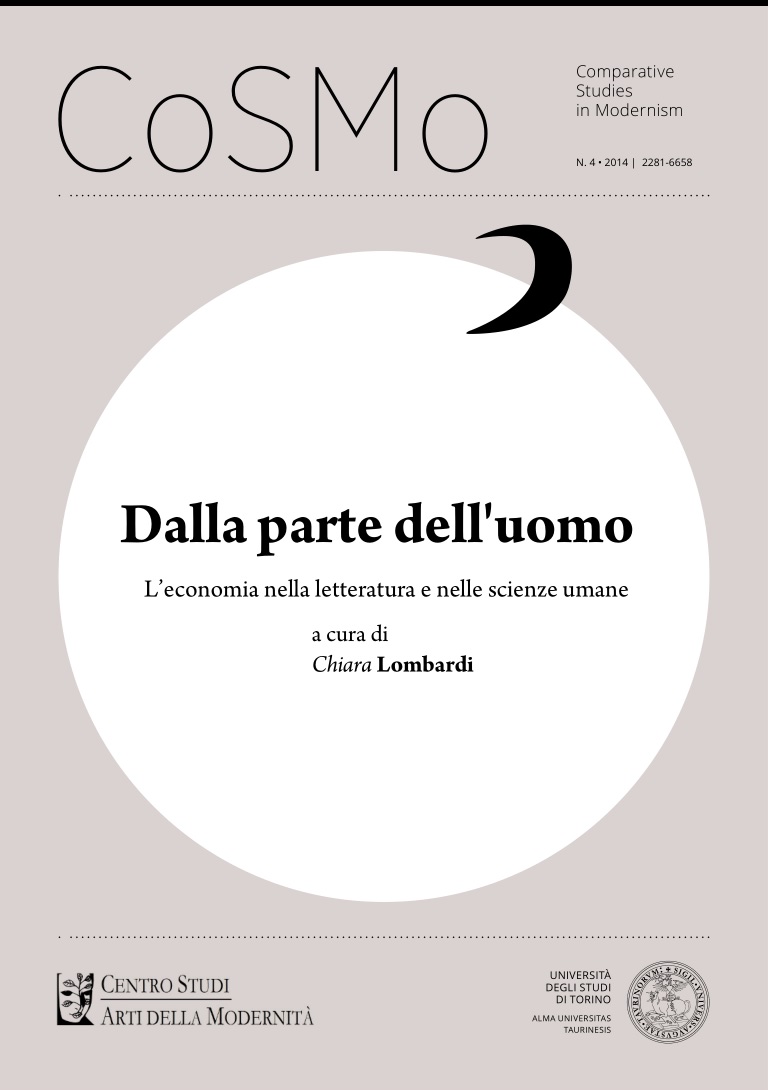Breve storia della forma in letteratura
DOI:
https://doi.org/10.13135/2281-6658/636Parole chiave:
Literary criticism, Form, New CriticismAbstract
This essay will try to go back over the complex history of the concept of form, although its subject may often turn out to be unthinkable or unspeakable. In literary critcism the formalist approach is based on a double trend: on the one hand a widespread mistrust in the power of language to communicate and to represent reality, on the other, the beginnings of a formalist approach in art history, - in Burkhardt, Wörringer, Wölfflin - leading to an art history ‘without names’ and giving rise in turn to a formalist approach in literary criticism. There are close connections between The New Critics of the thirties and fifties in the United States and in England and the French Nouvelle Critique, both of which ended up reinforcing the tenets of the various modernist avant-gardes: impersonality, the autonomy of the work of art and the literary specificity of a literary text. While underlining the ambiguities emerging from the original term – form covers both the sense of eidos-idea and hule-matter, the essay ends up acknowledging the current demise of formalist criticism.
Downloads
##submission.downloads##
Pubblicato
Fascicolo
Sezione
Licenza
Gli autori mantengono i diritti sulla loro opera e cedono alla rivista il diritto di prima pubblicazione dell'opera, contemporaneamente licenziata sotto una Licenza Creative Commons - Attribuzione che permette ad altri di condividere l'opera indicando la paternità intellettuale e la prima pubblicazione su questa rivista.







